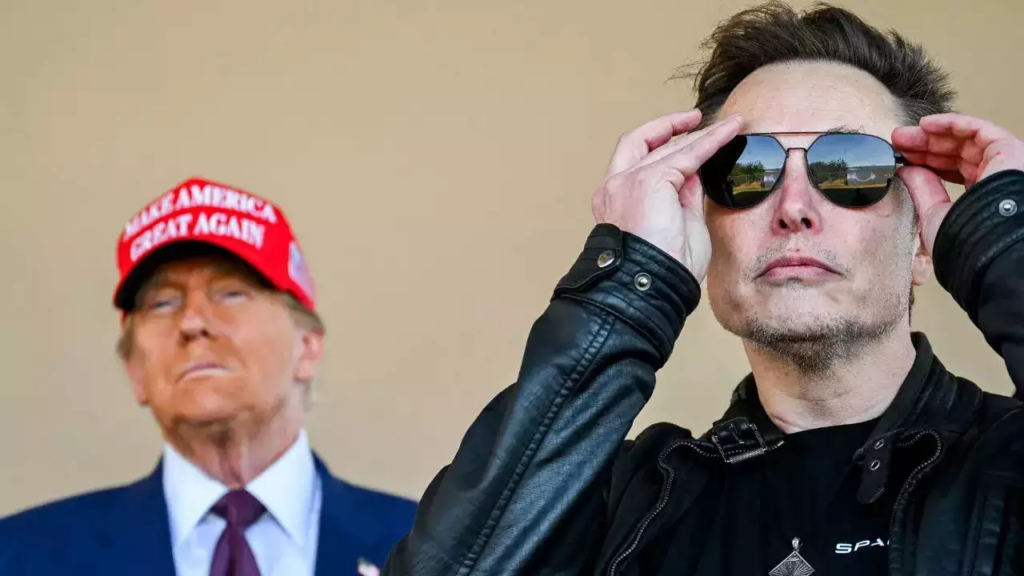
U.S. President Donald Trump is poised to highlight his administration’s sweeping cuts to the federal bureaucracy during an address to a joint session of Congress on Tuesday night. The speech is expected to include praise for Elon Musk’s Department of Government Efficiency (DOGE), which has been instrumental in dismantling government agencies and firing tens of thousands of workers over the past six weeks.
What is DOGE?
DOGE was established by an executive order signed by Trump on his first day in office, aimed at “modernizing federal technology and software to maximize governmental efficiency and productivity.” However, it has evolved into a powerful entity with a mandate far exceeding its original scope, operating with little oversight and accountability to Congress. The team, comprising about 40 young software engineers, many of whom are current or former employees of Musk’s companies, has been tasked with identifying spending and staff cuts across government departments.
Concerns over Musk’s influence
Critics, including a growing number of U.S. lawmakers, have raised concerns about potential conflicts of interest between DOGE’s decisions and Musk’s business interests as CEO of Tesla, SpaceX, and X. Musk operates as a “special government employee” without a government salary, and his exact role in DOGE remains unclear despite his clear oversight of the government overhaul. The White House has named Amy Gleason as the acting administrator of DOGE, but Musk’s influence remains significant.
Impact of the actions of DOGE
Musk’s team has had a profound impact on the federal bureaucracy, hollowing out agencies and causing widespread panic among the 2.3 million-strong civilian government workforce. DOGE claims to have saved taxpayers $105 billion through workforce reductions, asset sales, and contract cancellations, although these figures are unverifiable and have been marred by errors and corrections. The team has entered about 20 government agencies, accessing sensitive data and implementing mass firings, starting with probationary workers and targeting veteran civil servants next.
Agencies affected
Several key agencies have been targeted by DOGE, including the U.S. Agency for International Development (USAID), which has been shuttered, and the Consumer Financial Protection Bureau, which has been shut down. Other agencies affected include NASA, the National Oceanic and Atmospheric Administration (NOAA), the Social Security Administration (SSA), the Internal Revenue Service (IRS), and the U.S. Forest Service. Critics have questioned whether Musk’s business interests could influence decisions, particularly in agencies where his companies have significant contracts, such as NASA.
Legal challenges
Unions have filed over two dozen lawsuits challenging the mass firings and other initiatives impacting the federal workforce, with mixed results. A recent court order temporarily blocked DOGE from accessing sensitive data at the U.S. Department of Education. Despite these challenges, Trump and Musk continue to push forward with their restructuring plans, which include a new executive order requiring agency heads to submit plans for large-scale workforce reductions by March 13.






